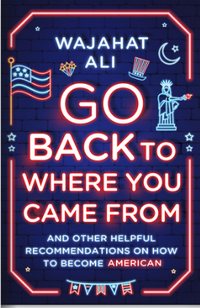 Go Back to Where You Came From:
Go Back to Where You Came From:
And Other Helpful Recommendations
on How to Become American
by Wajahat Ali
DETAILS: Publisher: W. W. Norton & Company Publication Date: January 25, 2022 Format: Hardcover Length: 231 pg. Read Date: February 2-4, 2022

As the two towers fell, I was standing in my pajamas, staring at the TV, and I realized our lives had forever changed. There was a permanent fork in the road for my generation. A disruption in the timeline. A disturbance in the Force. For us, there would always be a pre—9/11 and a post—9/11 world. A few hours earlier, I had been a twenty-year-old senior still trying to figure out his major and serve as a board member of the Muslim Student Association of UC Berkeley. Instantly, I was transformed into an accidental activist, a global representative of 1.8 billion Muslims worldwide and a walking Wikipedia of 1,400 years of all things Islam.
I have to be perfect, because any flaw, mistake, errant word, or quote can and will be used against me and all my people in the court of public opinion. On the drop of a dime, I have to be an expert on the following topics: Islam, Quran, the Prophet Muhammad, Sharia, Iran, Iraq, Pakistan, India, Hamas, Hummus, Hezbollah, Arabic, Agrabah, Afghanistan, Al Qaeda, Al Aqsa, Aladdin, Salman Khan the Bollywood Actor, Salman Khan of the Khan Academy, and everything in between. I have to be able to explain them to a skeptical national audience, being sure not to say anything too radical or extreme, because that one mistake will be emblazoned on me like a scarlet letter and be used to beat up this thing called the “Muslim world.”
What’s Go Back to Where You Came From About?
From the Publisher’s Website:
“Go back to where you came from, you terrorist!”
This is just one of the many warm, lovely, and helpful tips that Wajahat Ali and other children of immigrants receive on a daily basis. Go back where, exactly? Fremont, California, where he grew up, but is now an unaffordable place to live? Or Pakistan, the country his parents left behind a half-century ago?
Growing up living the suburban American dream, young Wajahat devoured comic books (devoid of brown superheroes) and fielded well-intentioned advice from uncles and aunties. (“Become a doctor!”) He had turmeric stains under his fingernails, was accident-prone, suffered from OCD, and wore Husky pants, but he was as American as his neighbors, with roots all over the world. Then, while Ali was studying at University of California, Berkeley, 9/11 happened. Muslims replaced communists as America’s enemy #1, and he became an accidental spokesman and ambassador of all ordinary, unthreatening things Muslim-y.Now a middle-aged dad, Ali has become one of the foremost and funniest public intellectuals in America. In Go Back to Where You Came From, he tackles the dangers of Islamophobia, white supremacy, and chocolate hummus, peppering personal stories with astute insights into national security, immigration, and pop culture. In this refreshingly bold, hopeful, and uproarious memoir, Ali offers indispensable lessons for cultivating a more compassionate, inclusive, and delicious America.
The Universality of Humor
Like with Native Americans in Nesteroff’s We Had a Little Real Estate Problem and Soviet-era Russians in Grechishkin’s Everything is Normal, one thing that Ali talks about is how often people are surprised that Muslims have senses of humor, that they enjoy laughing. A lot of that comes down to media representation—in the news, in our TV and movies, the typical depiction of Muslims is of angry, violent men—or those suffering because of them—or those in the middle of a serious religious observance. We don’t get to see a lot of people relaxing at home, enjoying a meal, or just hanging out.
I’m not sure why this is so hard for people to wrap their heads around—people of all backgrounds laugh. People find things funny. People are funny. These three books (and others, sure, but these are those I’ve talked about here) help readers remember that there’s a shared humanity in laughter (remembering that what’s funny varies a little bit from culture to culture), and I have to think that we’d all be better off to remember that and look for it as a starting point.
Cross-Cultural Hardship
Before he began to get into the details of the hardships that his cultural, ethnic, and religious background would bring on him in our culture, he talks about a challenge that crosses ethnic, religious, geographic, and political lines—he’s a southpaw.
True, there’s a particular accentuation for Muslims, but at the root is the inconvenience that all left-handed people put up with every day. I thought it was a rhetorically nice touch because it makes him universally relatable—it was also pretty funny.
So, what did I think about Go Back to Where You Came From?
Let me start by saying, I had no idea who Wajahat Ali was before this book—I may have seen him on a news show or five as a talking head—but, like most of those, he didn’t make enough of an impression for me to remember his name*. So I didn’t come into this book with any preconceived notions of what to expect, I wasn’t a fan already (or a detractor). All I knew was that Paul from Paul’s Picks had very positive things to say about the book (as he should have).
* I will absolutely take notice next time I see him in that role, however.
This was a great mix of memoir, social commentary, and satire—with a little sprinkling of a more general humor thrown in. The way he shifted between the genres was fairly seamless and quite effective—his own story (and that of his parents) were good illustrations of the societal ills he wanted to point to, and also it worked well occasionally as argumentum a minore ad maius.
I found myself reading large sections of this to whatever family member happened to be around when I read it (or I’d bookmark a section I thought someone might find almost as interesting as I did to read at them later)—there’s just so much good to be found here. The material about 9/11 and its aftermath was the most poignant—which kind of feels like a gimme sometimes, and some authors shouldn’t milk it. Given Ali’s subject matter, however, it was something he had to discuss and it was the book’s most powerful material.
Ali’s story is the kind that Americans love to tell and hear about success—even if his telling points to many of the flaws in our society. Through grit, determination, perseverance, and endurance, Ali pushes through all sorts of cultural, societal, legal, medical, and circumstantial challenges to arrive where he is. Because he believes in what we can be as a people, based on our (incredibly inconsistently applied and demonstrated) ideals and aspirations. It’s the kind of story we need to see, hear, and read more of.
Go Back to Where You Came From is a challenging read, it will make you uncomfortable, but it should also give you a little glimmer of hope. I strongly encourage you to read this.

This post contains an affiliate link. If you purchase from it, I will get a small commission at no additional cost to you. As always, opinions are my own.
![]()



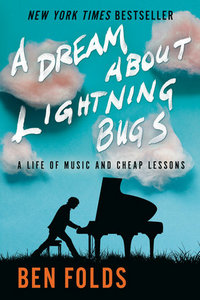
 He has a section about humor records that he listened to as a kid, and muses on comedy in general. It was the first time in the book that things really clicked for me.
He has a section about humor records that he listened to as a kid, and muses on comedy in general. It was the first time in the book that things really clicked for me.
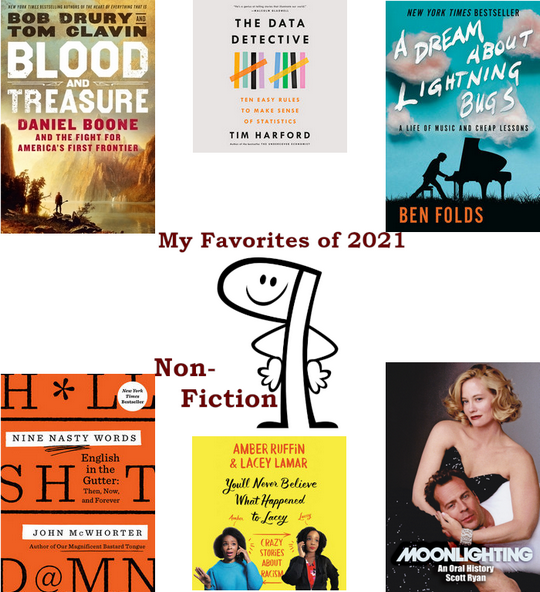
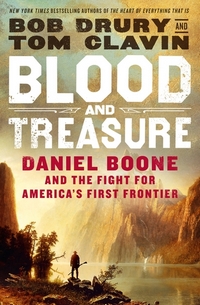

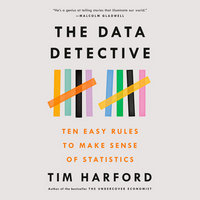

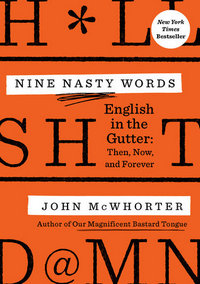
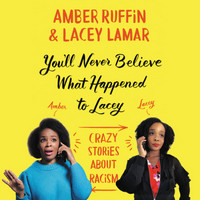

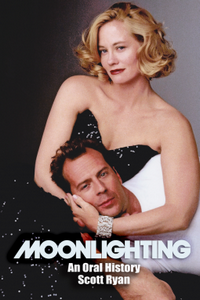



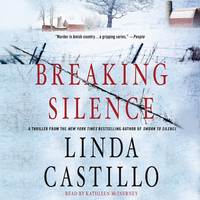
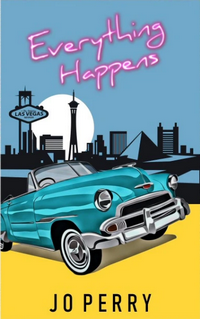
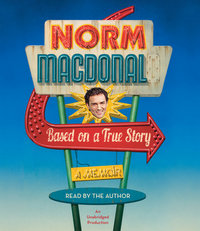
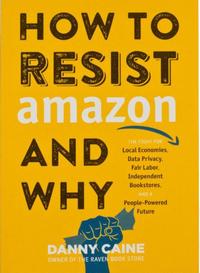
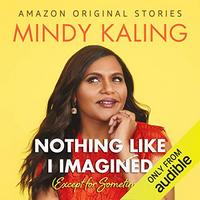
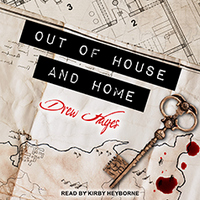
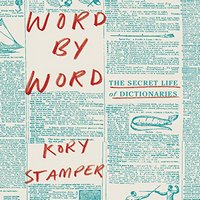
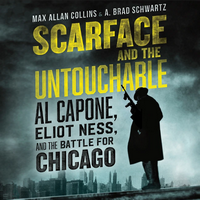

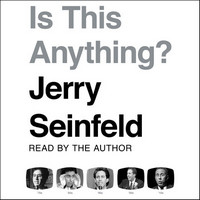


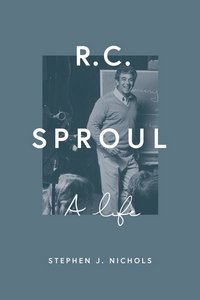


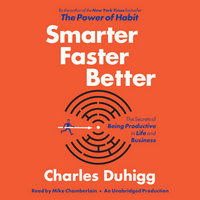
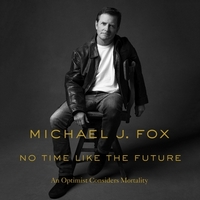
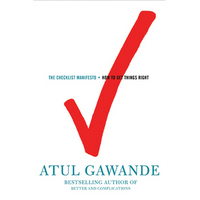
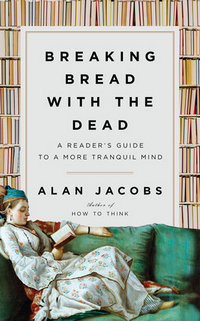
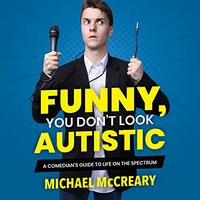
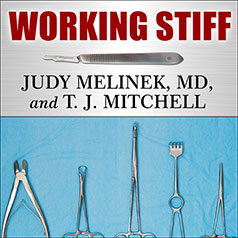
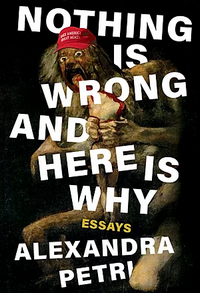
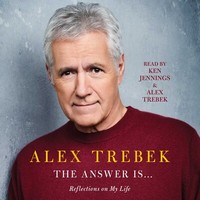
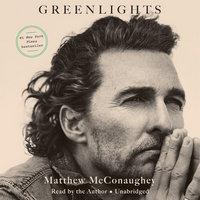
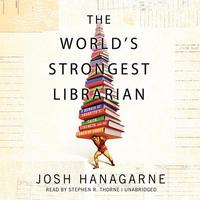
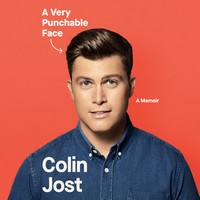

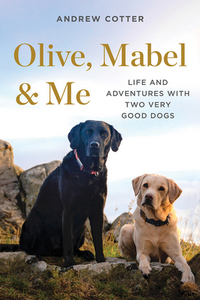

 Grab a book, any book.
Grab a book, any book.